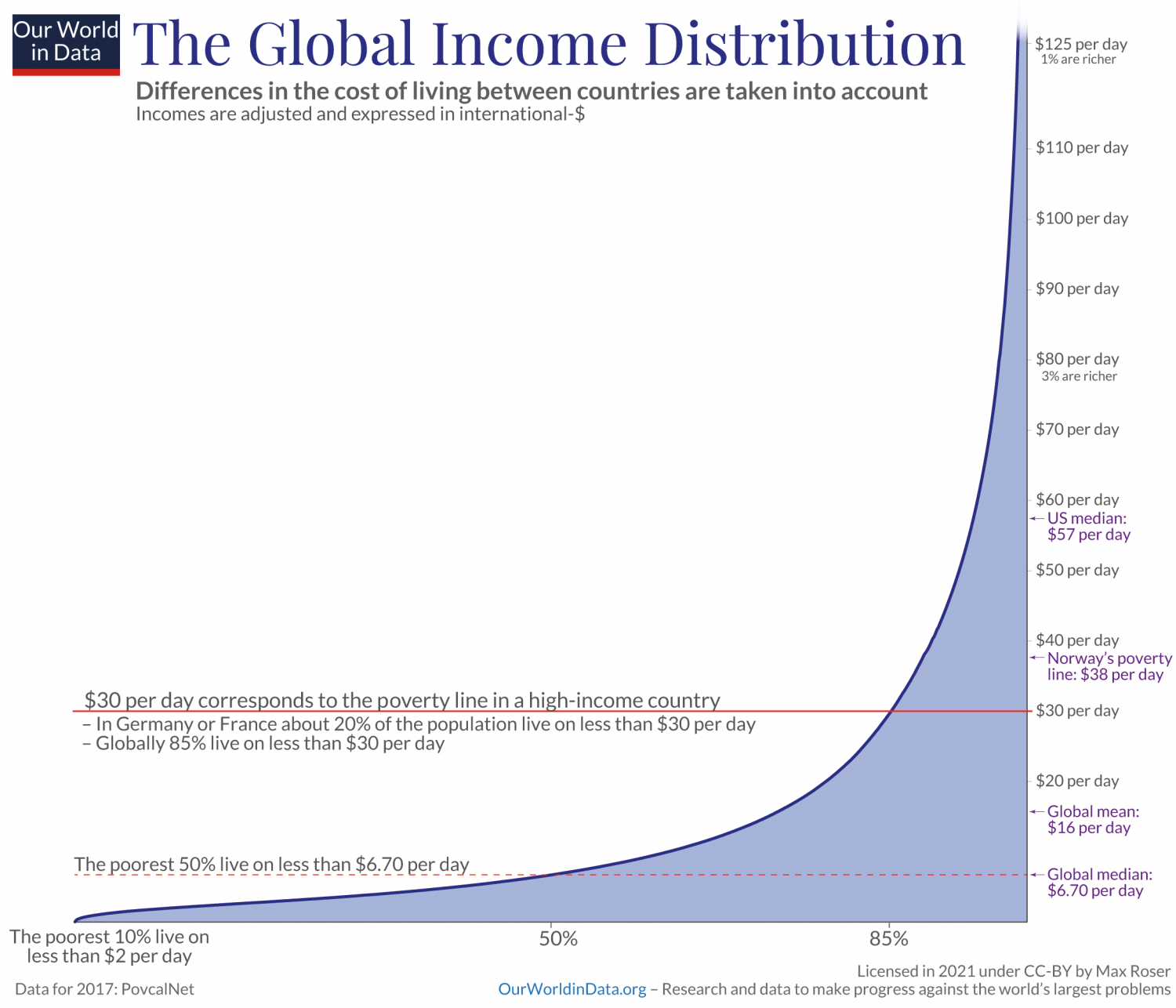War in Ukraine
By Katya, March 08 2022The whole world has been shocked by the recent events in Europe. Russia waged war against Ukraine—a dramatic escalation of 8 year long tensions between the countries.
The conflict started in 2014 during the Ukrainian revolution when Russia annexed Crimea and the Donbas region claimed its independence from Ukraine. However, the international community and Ukraine did not agree to recognize these territories as parts of Russia. One of the reasons is that The Russian Federation has been sponsoring anti-Ukrainian groups in the Donbas region, making it difficult for people there to express what they actually wanted.
Since the beginning of 2021, Russia has been gathering forces on the Ukrainian borders. On 24 February 2022, Russian armies attacked. Vladimir Putin, the president of Russia, claimed that his nation could not be "safe, develop and exist" next to modern Ukraine and announced his goal of "demilitarization and de-Nazification" of Ukraine.



